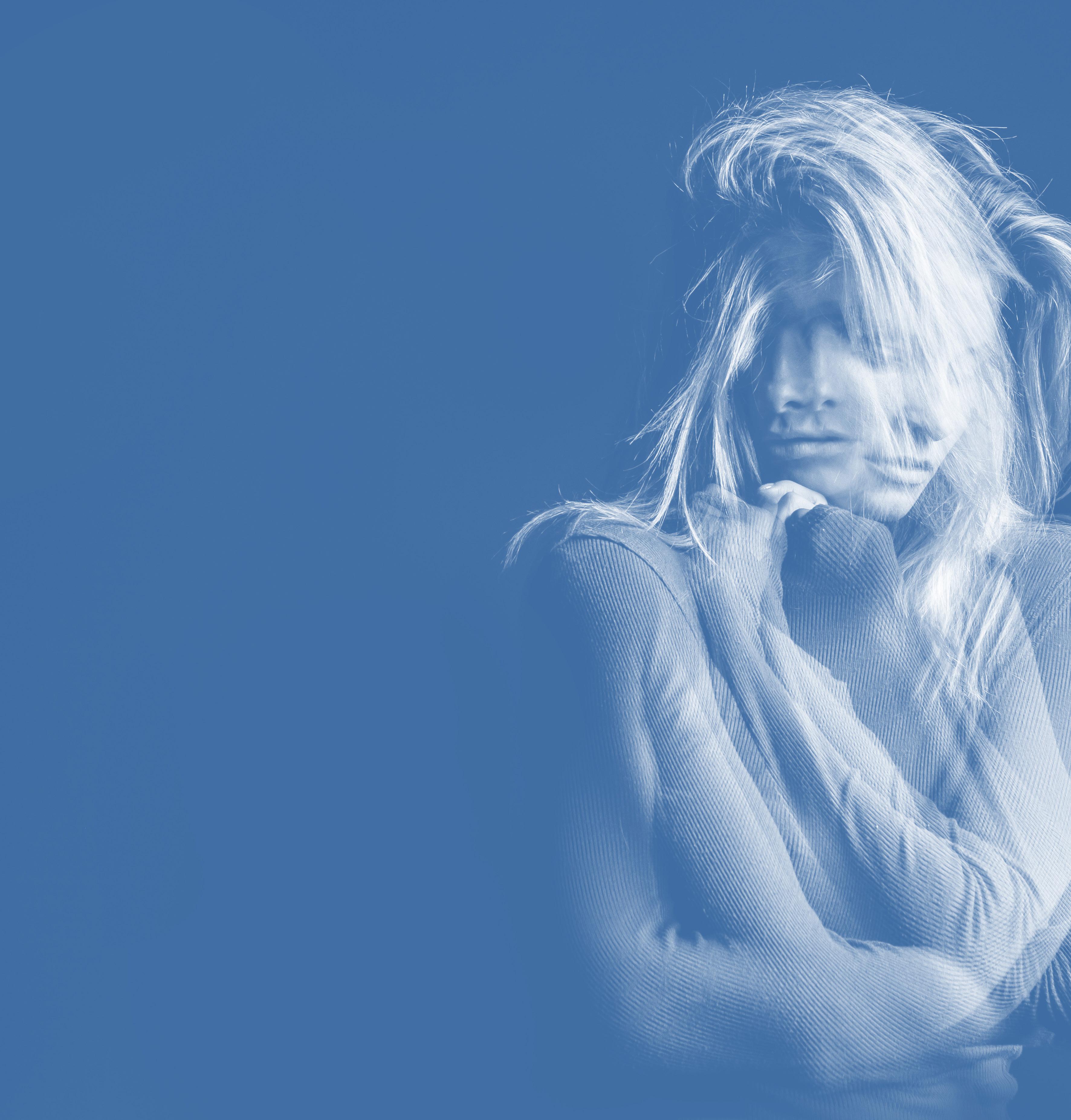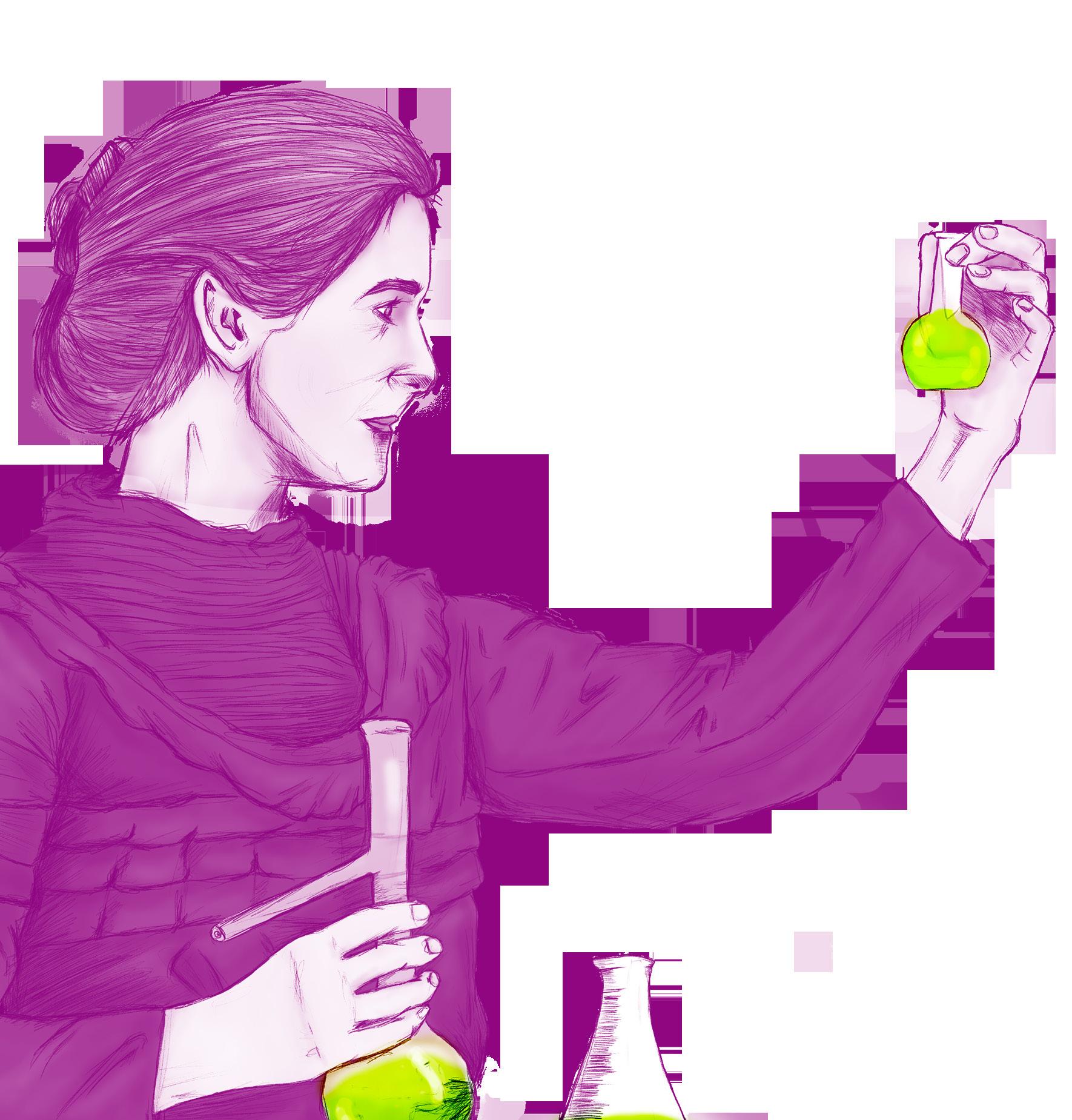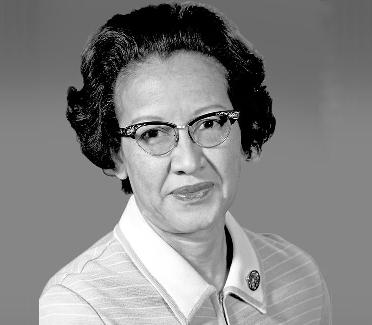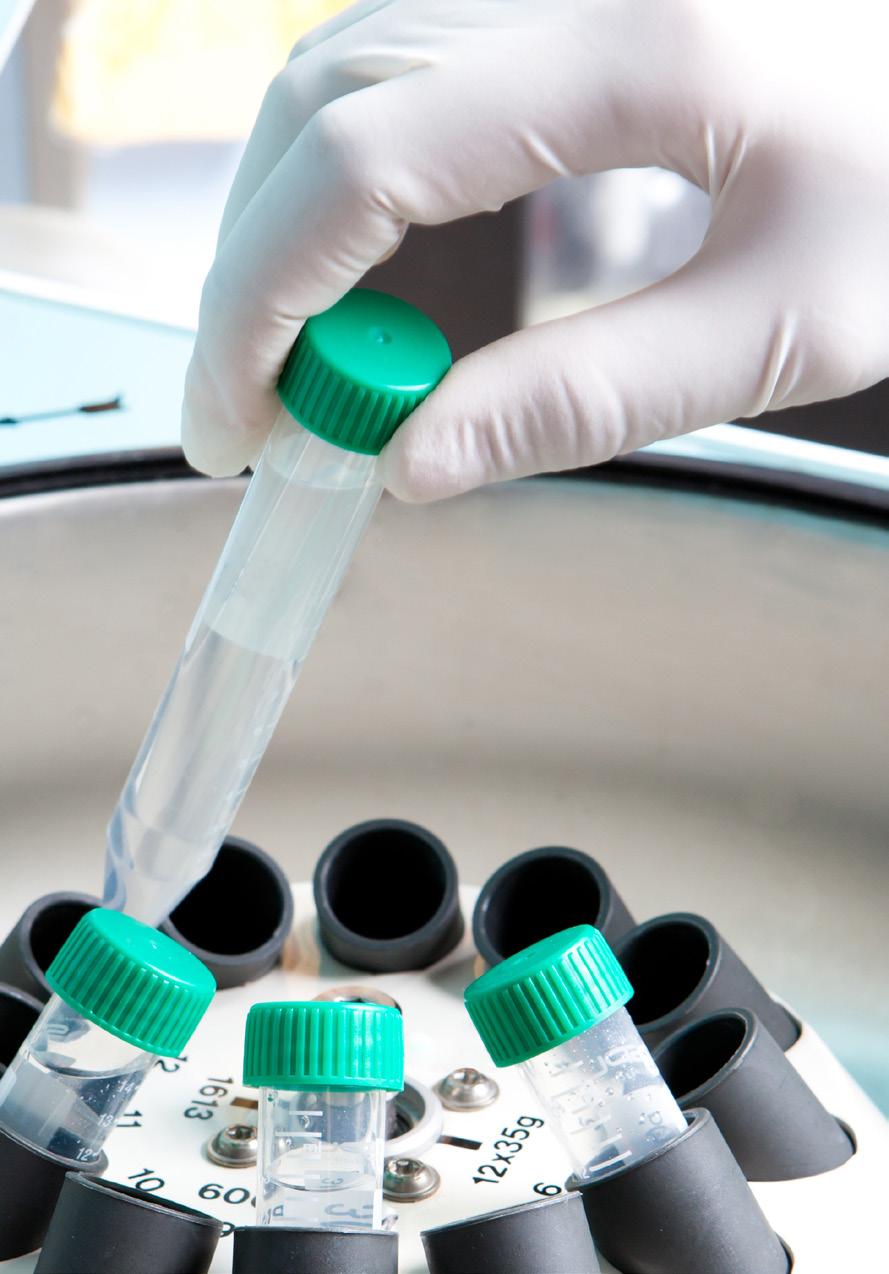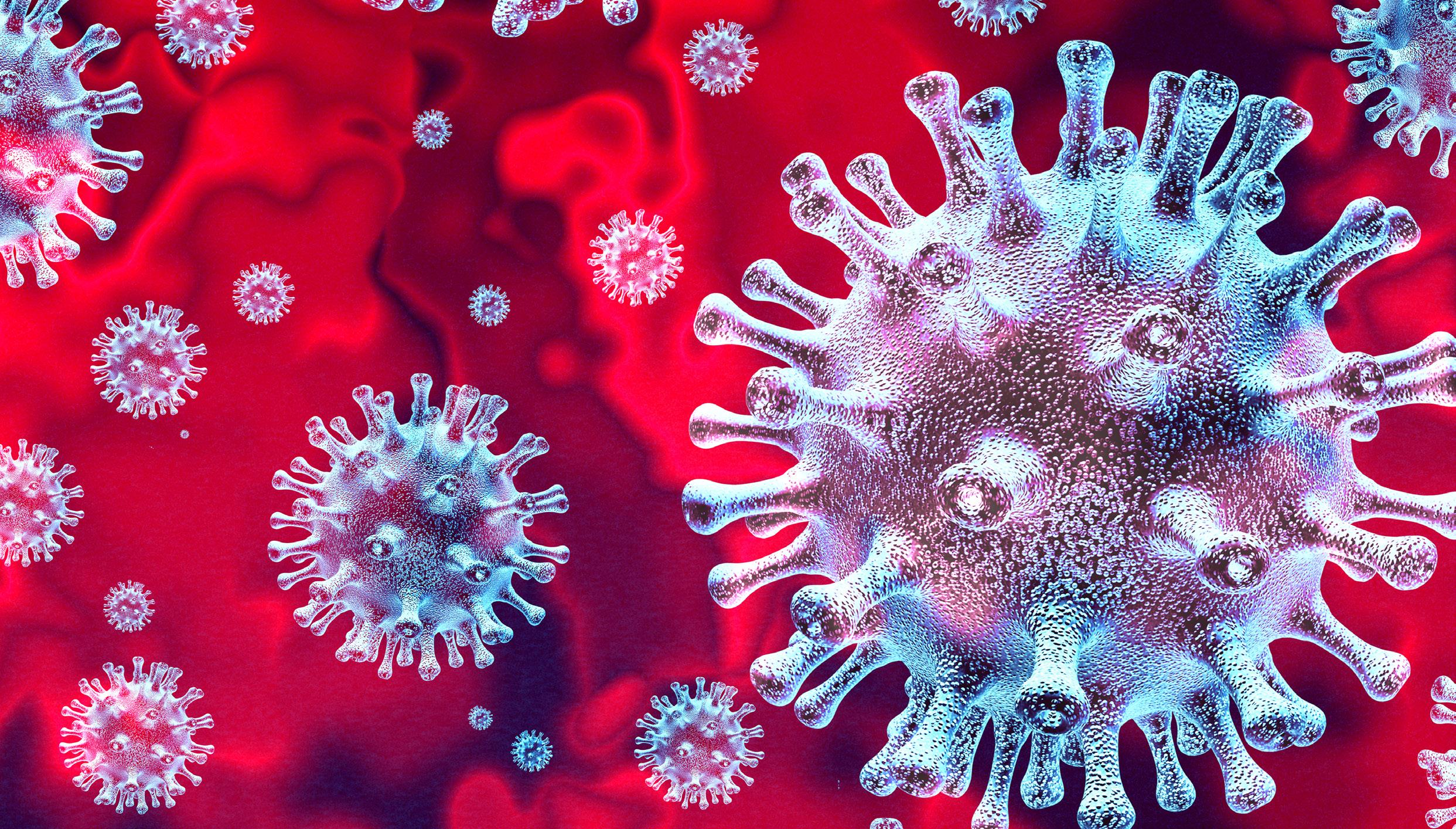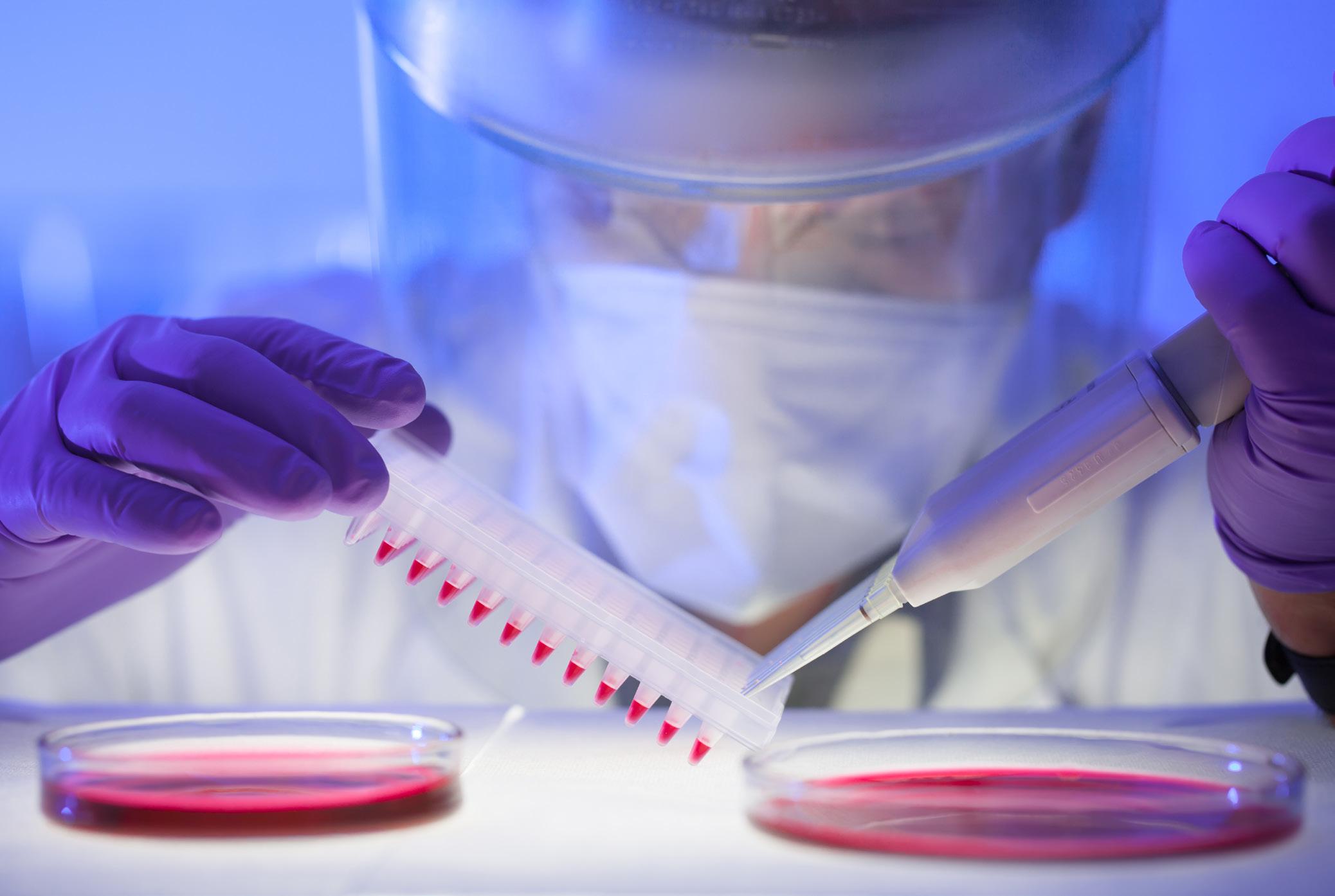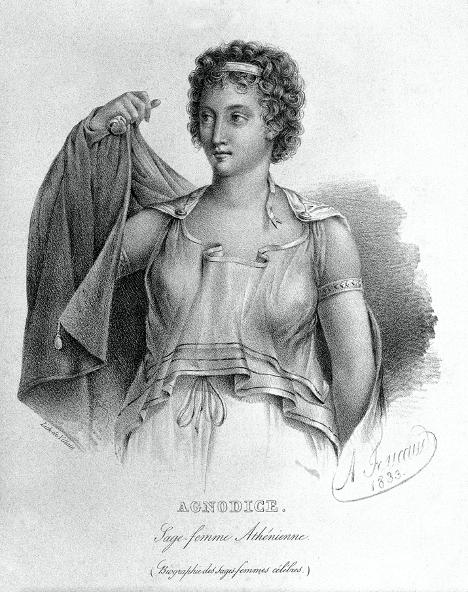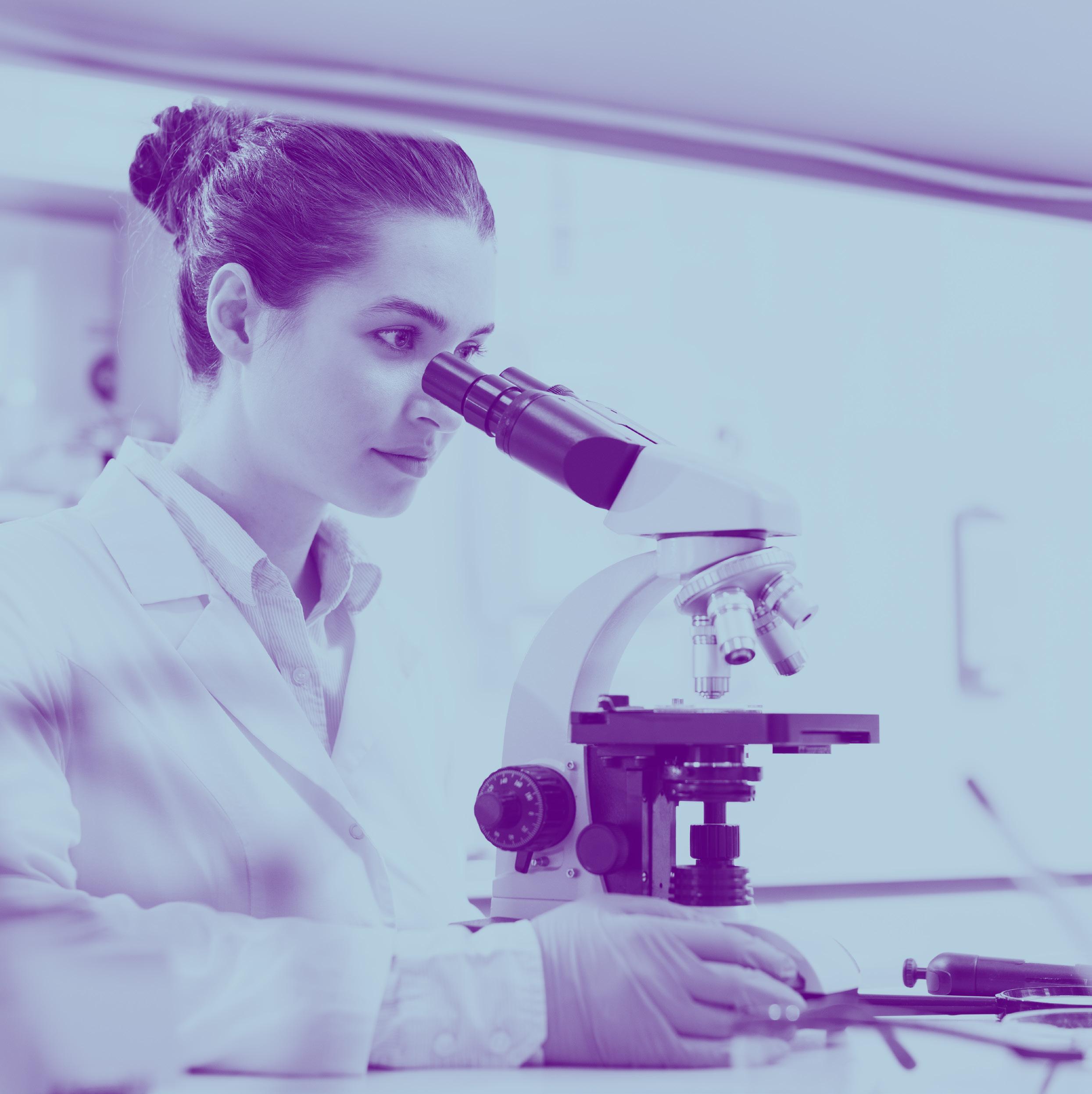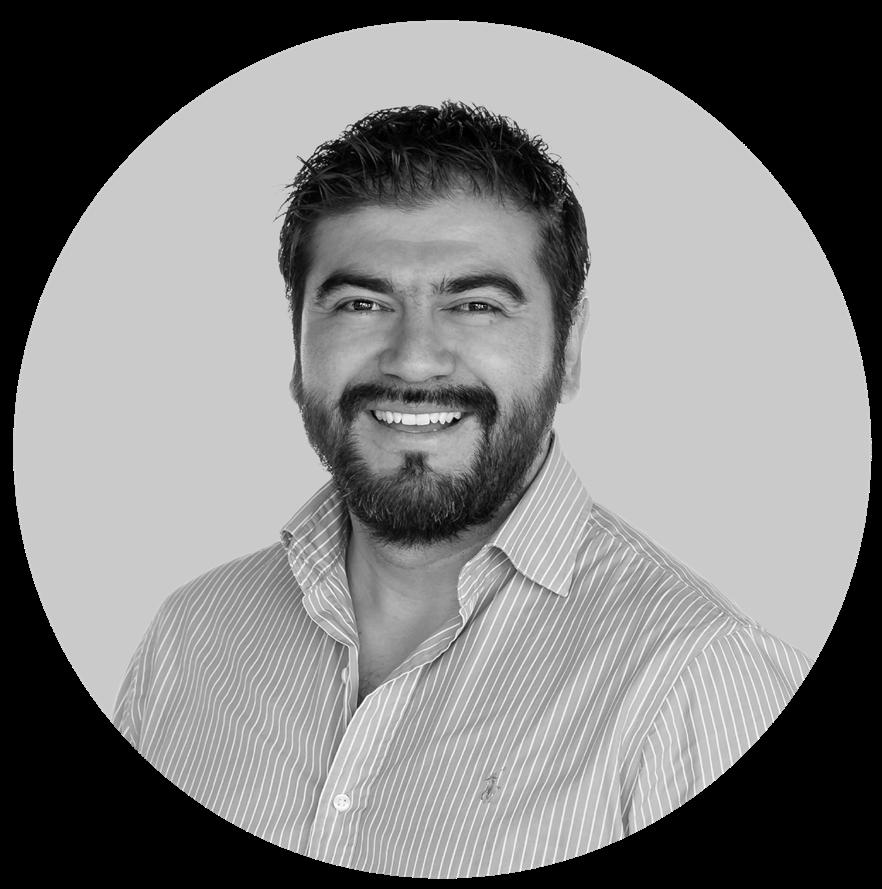[ 1 2 ]
Each of Us a Healer: Exotic Animals, Traditional Medicine, and Global Pandemics Juan Francisco Pérez Vargas
Writer, analyst and systems engineer
“I vow that in a future life, when I have attained Supreme Enlightenment, sentient beings afflicted with various illnesses, with no one to help them, nowhere to turn, no physicians, no medicine, no family, no home, who are destitute and miserable, will, as soon as my name passes through their ears, be relieved of their illness”
The 8th Vow of the Medicine BuddhaThe oldest traces of Chinese therapeutic treatments come to us from the Shang Dynasty, which ruled the Lower Yellow River Valley around 1600 BCE. The Shang Dynasty produced the earliest examples of Chinese written language, included in oracle bones and mainly used in divination. For the Shang, the dead ruled the world, but depended entirely upon the living for their sustenance. If said sustenance was ever lacking, terrible curses befell the population. Numerous cases of assorted ailments that plagued the Royal Family are mentioned (such as bloated stomachs, toothaches, and the like), but these were always attributed to curses cast by resentful ancestors. It was not until the appearance of the Huángdì Nèijīng (The Esoteric Canon of the Yellow Emperor) that the documentation of traditional Chinese medicine began. The Huángdì Nèijīng is divided in two broad sections: the Suwen (which consists of a lengthy dialogue between the Yellow Emperor and the mythical doctor Qibo, who is said to have learned the medical trade from Guangchengzi, an avatar of one of the Taoist Three Pure
Ones) and the Linghsu (which dealt with acupuncture). Interestingly enough, the Huángdì Nèijīng ignores the notion of supernatural influences such as spirits and magic, but is widely dependent on doctrines related to Taoism (such as the concept of Yin/Yang and the Five Phases) Fast forward to the 1950s. Chairman Mao made an impassioned speech about the need to support and promote traditional Chinese medicine (TCM) by way of its massive unification in service of the people. And here is where things get interesting: Mao never believed in TCM. Even his western-trained medical advisors found the notions contained in the older texts baffling and nonsensical. The widespread support for TCM was an ideological move aimed at promoting a Marxist view of healthcare, which sought to prove that even the Western world was very much enamored of it. Neither did it hurt that the tsunami that was the Cultural Revolution positioned TCM as a low-cost alternative to provide healthcare for the masses (see our previous issue).
By: Jo

